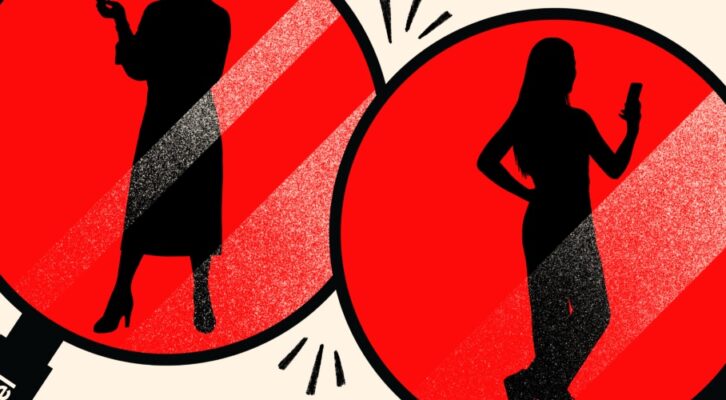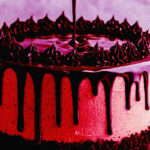Min Jin Lee: On Speaking
and Power
The Korean-American Author on Beyond the Page: The Best of the Sun Valley Writers' Conference
Welcome to Beyond the Page: The Best of the Sun Valley Writers’ Conference. Over the past 25 years, SVWC has become the gold standard of American literary festivals, bringing together contemporary writing’s brightest stars for their view of the world through a literary lens. Every month, Beyond the Page curates and distills the best talks from the past quarter century at the Writers’ Conference, giving you a front row seat on the kind of knowledge, inspiration, laughter, and meaning that Sun Valley is known for.
Below are edited recordings of writer Min Jin Lee speaking in 2019 about the struggle she found in finding her own voice, first as a profoundly shy Korean girl growing up in America and eventually as the exceptional novelist she became. The speech is based on the New York Times essay Lee wrote, “Breaking My Own Silence.”
*
Min Jin Lee at the Sun Valley Writers’ Conference
I wanted to give this talk because for those of you who don’t know, I’ve always had a serious issue talking. Recently, I was asked by the New York Times to write about “What is Power?” I thought about the thing that I wanted more than anything as a child, as a young person, throughout my life, and I thought I would write about not what is power but why I wanted this power. I thought I would share that with you today.
It makes sense that I am a writer, which allows me to draft and to hesitate and to rewrite many times before I say anything that I can live with for good.
In 1976, my mother, my father, my two sisters, and I immigrated to the United States. I was seven. We moved from Seoul to New York City. Dad enrolled my two sisters and me into P.S. 102 in Elmhurst, Queens, and none of us girls knew how to speak English. Even back to Seoul, I was a very quiet child who fidgeted and had attention issues. I found school and friendships very difficult, and it got worse when I moved to a new country. The few few weeks in America were tough. There was one other Korean girl in the class, and like me, she had small eyes and unlike me she knew English and she had friends. She wanted nothing to do with me.
One day in class, I needed to go to the bathroom, and I didn’t know what to do or certainly what to say. The Korean girl grimaced when I approached her, but mercifully she told me to raise my hand and to say this word: Bassroom. Bass-room. I said this foreign word, and all the children laughed. The teacher handed me a very worn wooden block, which served as the hall pass. I rarely spoke in school again, except when I needed permission to go to the bathroom.
The years that followed were not very different. I did my work, and I looked forward to be with my sisters, who protected me. I learned to read English. I made my way through school and through shelves and shelves of borrowed books from the Elmhurst Public Library.
Now, in the first year in America my father ran a newspaper stand in the lobby of a very dingy office building. Then, later, my parents had a tiny wholesale jewelry store in Manhattan that sold costume jewelry to street peddlers and gift shops. They worked six days a week. At Junior High School 73 in Maspeth, New York, I had a wonderful teacher and his name was Mr. Richard Sosis, who taught law, and he selected me as a classroom monitor. He allowed his monitors to have lunch in the classroom, and I don’t know if he knew this, but he rescued me from the terror of a middle school lunchroom and from the reality that I did not know how to act around children my own age.
To listen to more of Min Jin Lee and other talks from the Sun Valley Writers’ Conference, subscribe now on iTunes, Spotify, Stitcher, or wherever else you find your podcasts!
________________________________
Min Jin Lee is a recipient of fellowships in Fiction from the Guggenheim Foundation (2018) and the Radcliffe Institute for Advanced Study at Harvard (2018-2019). Her novel Pachinko (2017) was a finalist for the National Book Award for Fiction, a runner-up for the Dayton Literary Peace Prize, winner of the Medici Book Club Prize, and one of the New York Times‘ “Ten Best Books of 2017.” Her writings have appeared in the New Yorker, NPR’s Selected Shorts, One Story, the New York Review of Books, the New York Times Magazine, the New York Times Book Review, the Times Literary Supplement, the Guardian, Condé Nast Traveler, the Times of London, and the Wall Street Journal.




















